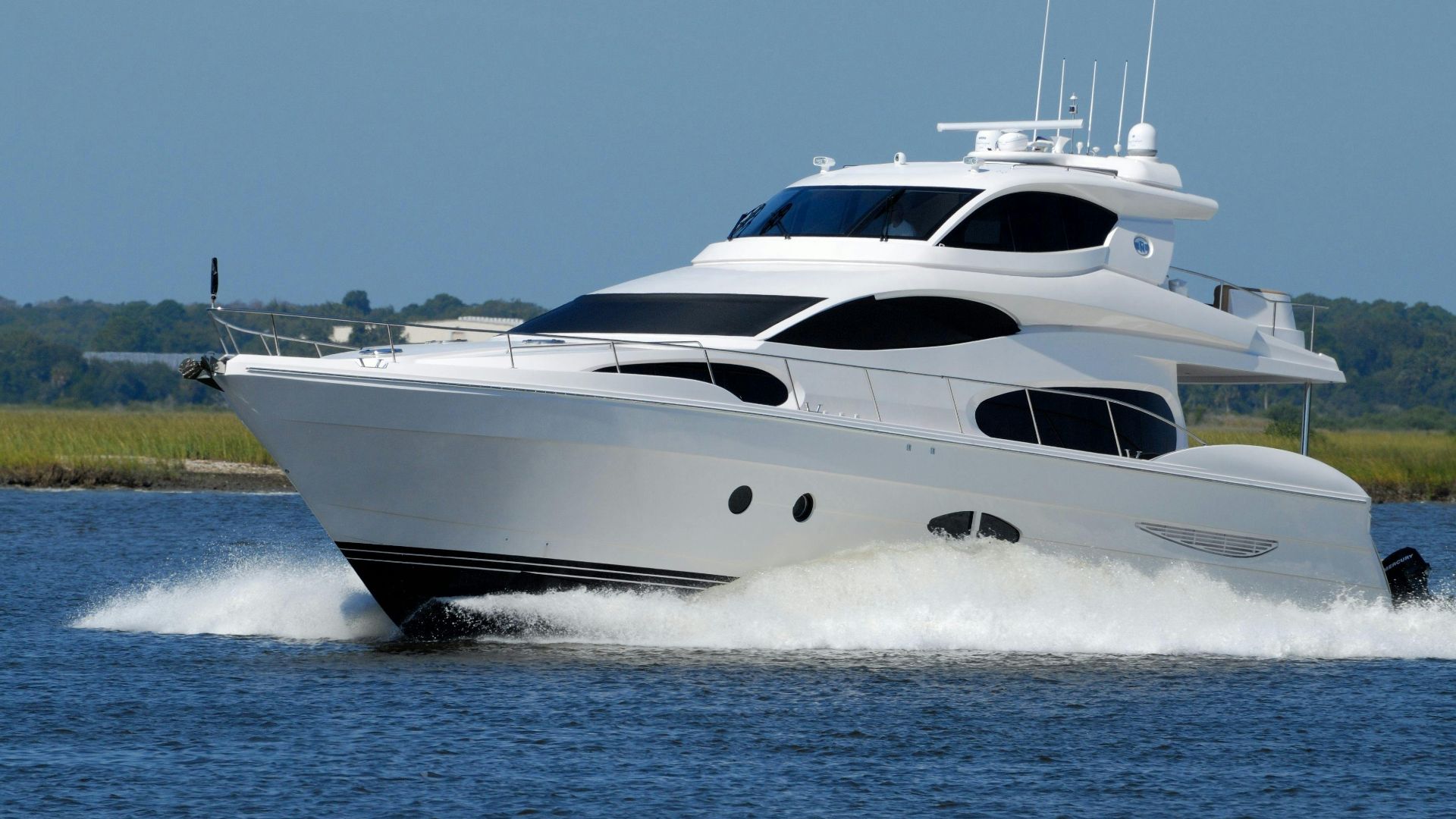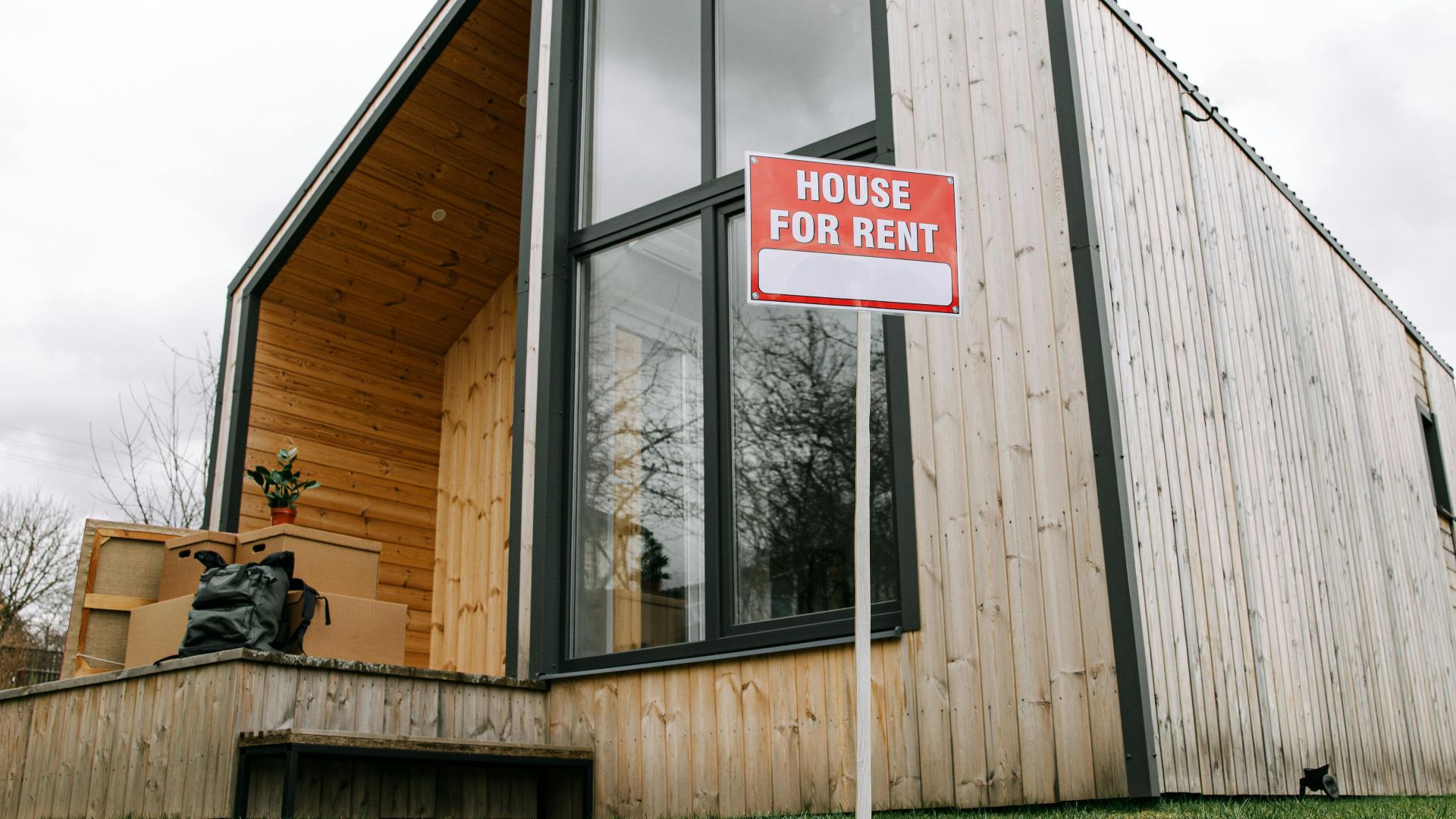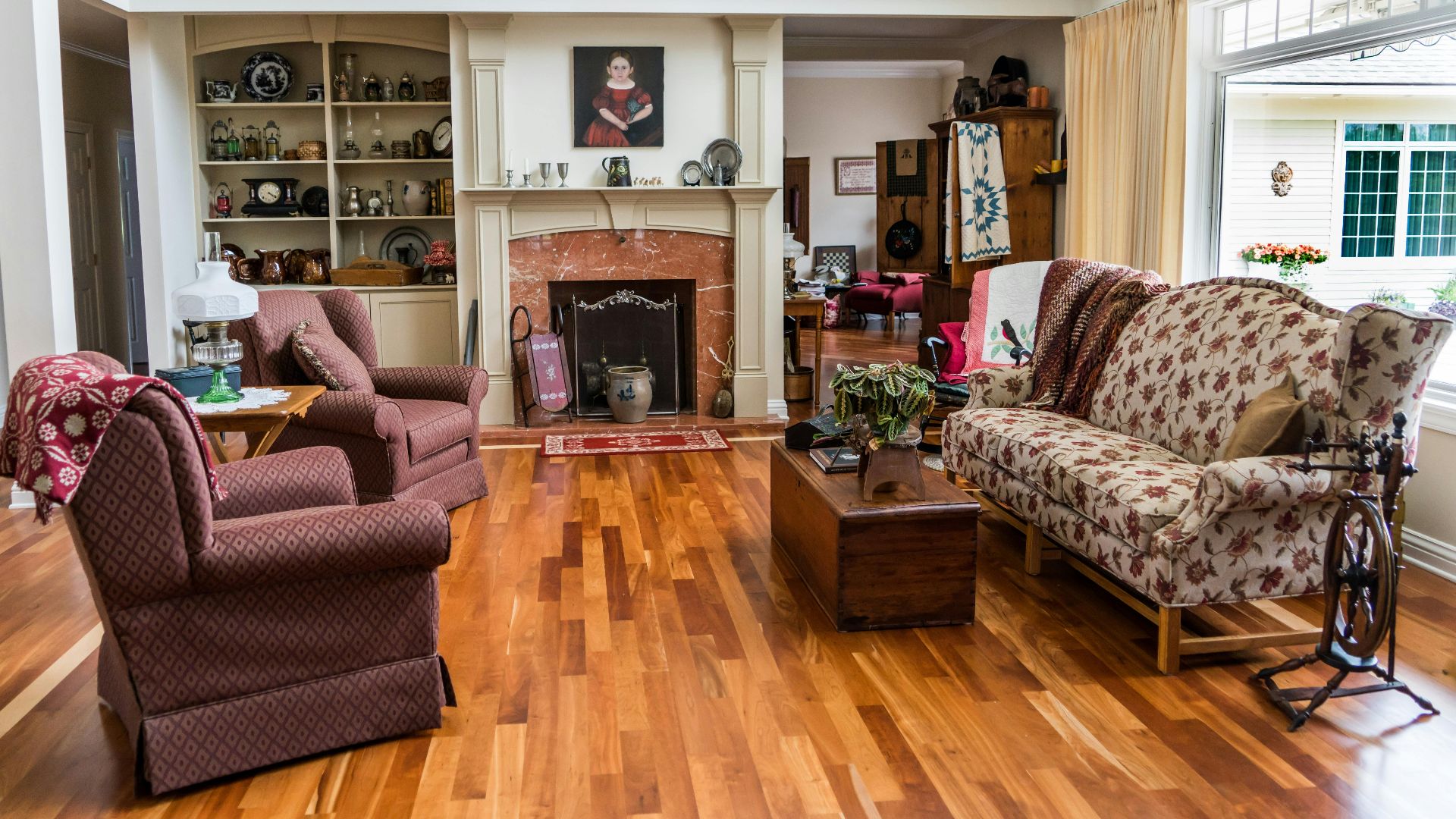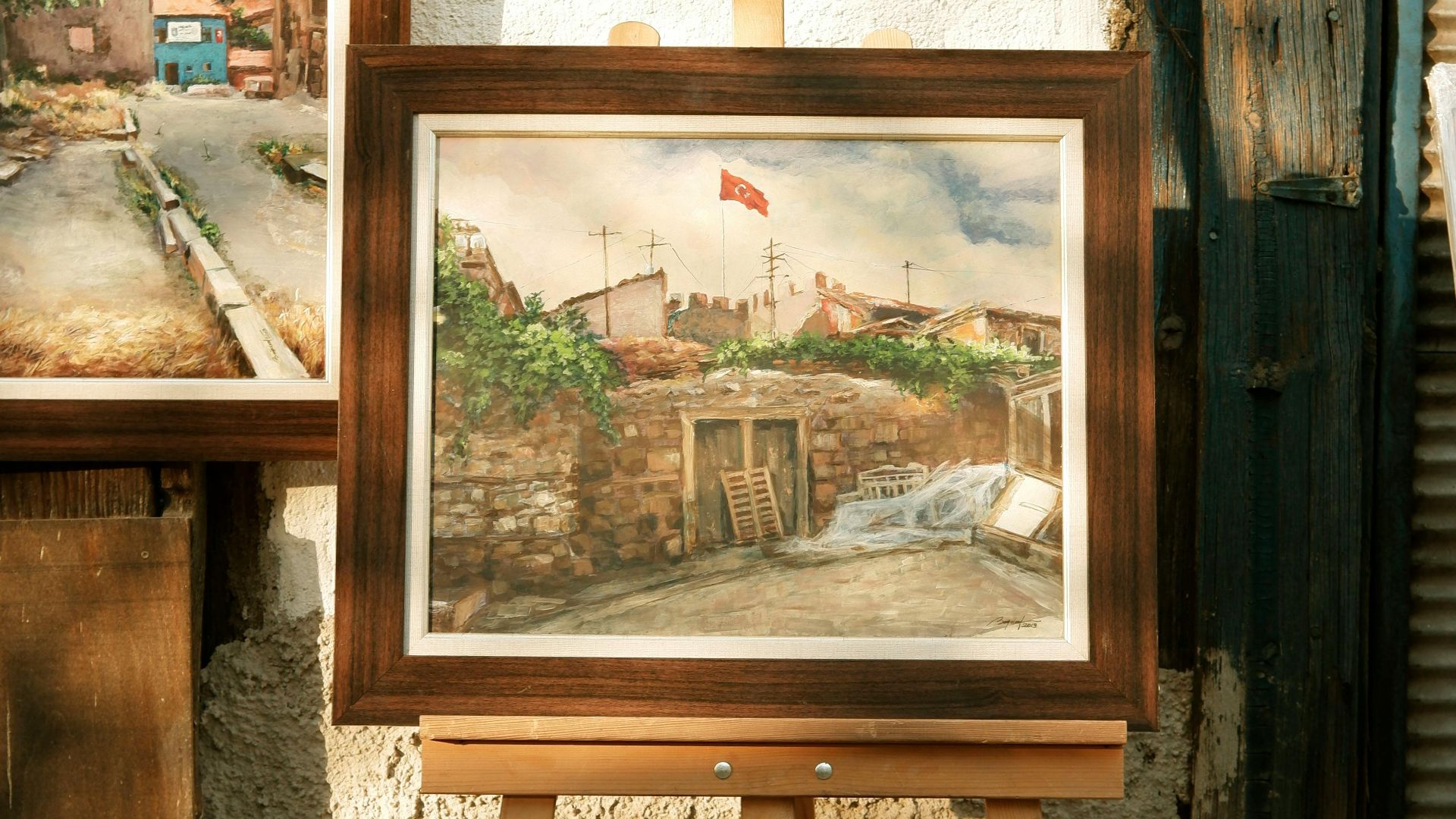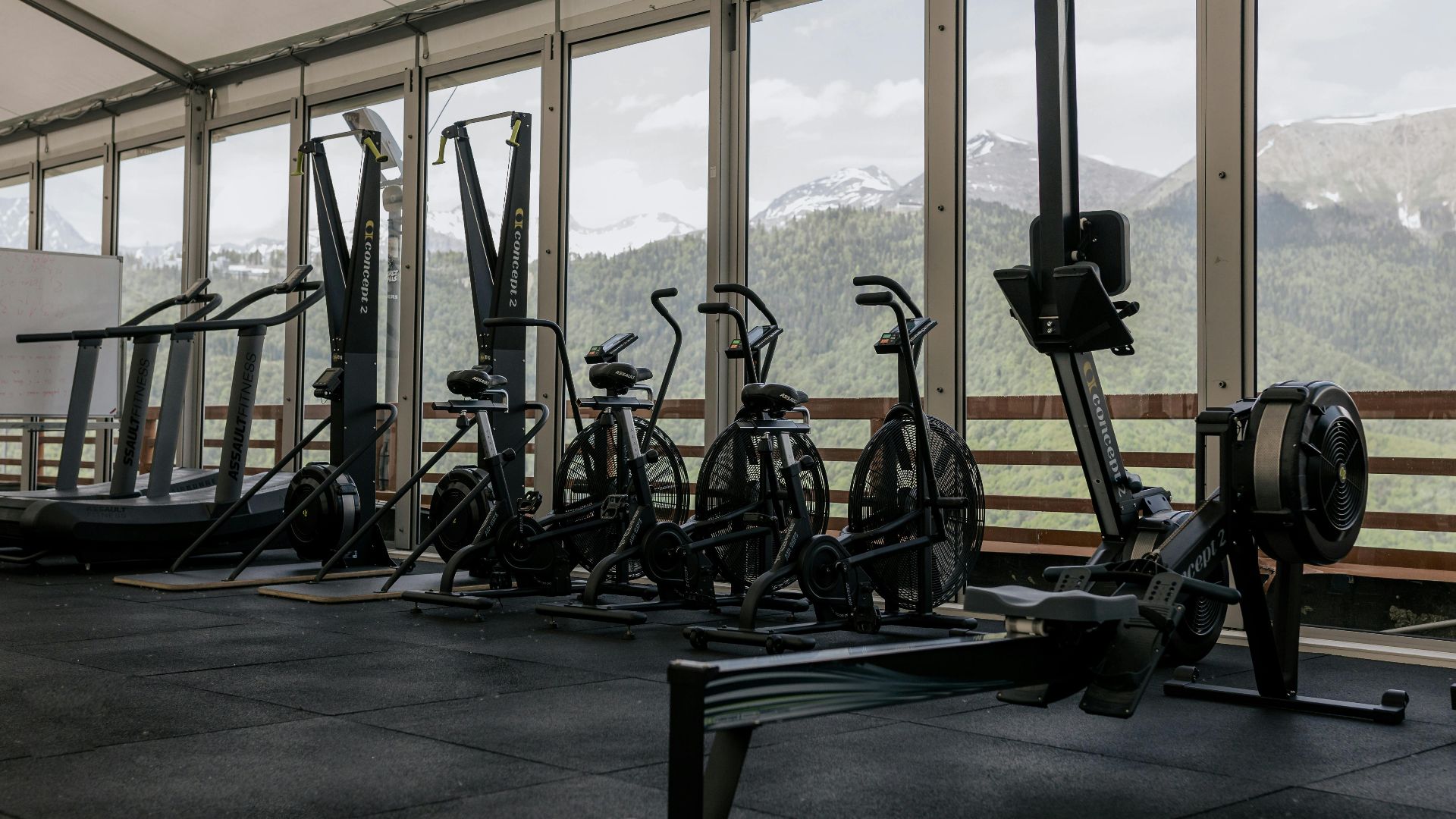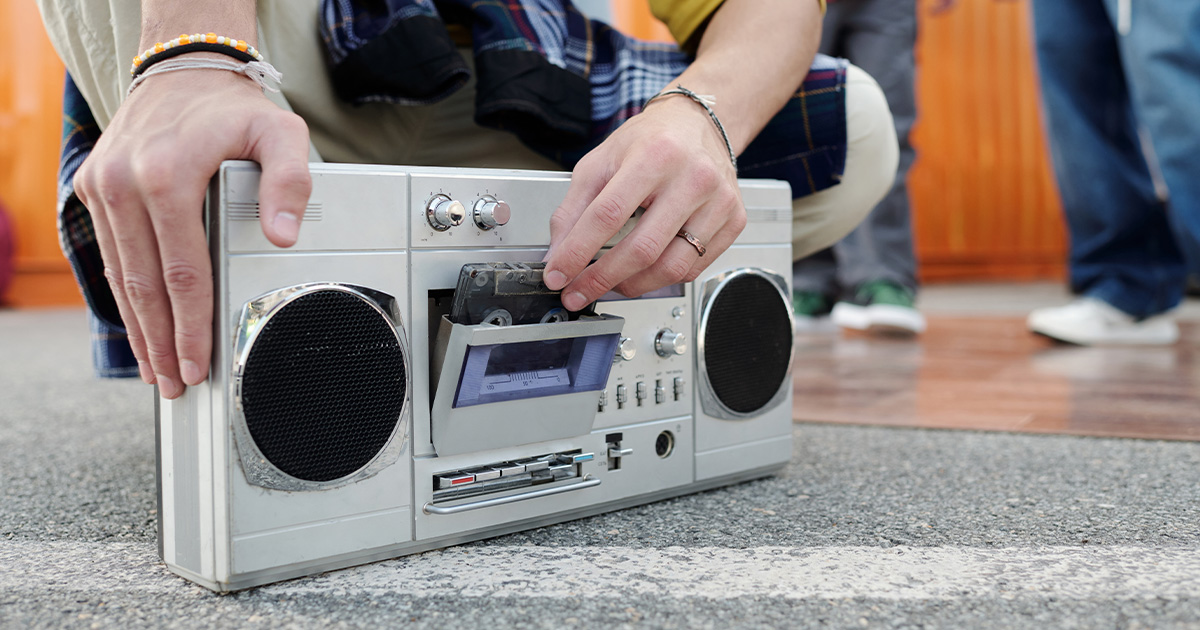Convert To Capital
Your boat hasn't left the dock in two years. Most people heading into retirement hold onto things they should absolutely sell. The sad reality is that such assets drain money while sitting unused.

Large Family Home
Most retirees are surprised to discover their greatest wealth lies not in retirement accounts but in their family home's equity. This often-overlooked financial powerhouse can be strategically turned into retirement income through a well-timed sale, eliminating burdensome maintenance costs and property taxes.
Large Family Home (Cont.)
Selling a large family home and moving to a smaller, less expensive property can free up significant cash, eliminate burdensome maintenance, and reduce ongoing property tax costs. According to financial experts, roughly 60% of migrating retirees tap their home equity.
Extra Vehicles
A new vehicle's value plummets by 20% in just the first year, then continues its downward spiral until it's worth only 40% of its original price after five years. For retirees, keeping extra cars means watching assets steadily drain through depreciation, insurance premiums, and maintenance costs.
Timeshares
Traditional investments typically offer potential appreciation, easy liquidity, and flexible usage rights, but timeshares fundamentally invert these principles. Their value consistently depreciates. The resale market is also so oversaturated that owners often resort to giving them away. Meanwhile, escalating annual maintenance fees persist.
Recreational Vehicles (RVs)
Let's weigh the financial reality of RV ownership: on one side, there's the combination of storage costs, insurance premiums, and maintenance expenses draining retirement accounts, plus devastating depreciation that strips 20% in year one and up to half within five years. On the flip side, selling before retirement unlocks maximum value.
Boats Or Marina Shares
When you're only using your boat 20–30 days annually, those remaining 335 days represent pure expense with zero enjoyment. Between relentless maintenance costs, substantial marina fees, and ongoing insurance payments, boats and marina shares can seriously strain retirement resources.
Boats Or Marina Shares (Cont.)
Ownership of marina shares or slips gives the right to dock a boat or utilize specific marina facilities, sometimes seen as an investment or recreational perk. These, too, have ongoing assessments and limited liquidity compared to more traditional assets.
Collectible Cars
The emotional allure of collectible cars often collides with retirement's financial realities. These prized vehicles hold sentimental value, but their specialized storage demands, complex agreed-value insurance requirements, and unpredictable market fluctuations create significant financial exposure. For most retirees, selling before retirement offers a clearer path toward financial stability.
Rental Property With High Upkeep
Break free from the financial shackles of that demanding rental property draining your retirement resources through endless repairs and vacancy cycles. Selling before retirement liberates both your time and capital, allowing a seamless transition into REITs—where property ownership meets true passive income.
Antiques And Furniture Collections
The generational shift away from traditional antique aesthetics has created a challenging reality. Once-coveted pieces now face extended selling periods and diminishing returns. Rather than risking further value erosion as tastes continue evolving, sellers can leverage platforms like Chairish, eBay, and Facebook Marketplace to connect with today's buyers.
Antiques And Furniture Collections (Cont.)
Online resale of furniture is booming, and here's why. The sector climbed to $34 billion in 2023 and is estimated to touch $56 billion by 2030, supported by the expansion of marketplaces like Chairish, 1stDibs, eBay, and Facebook Marketplace.
Jewelry You Rarely Wear
With gold prices surging 15% in just the past year, there's never been a better time to declutter your jewelry box and boost your retirement fund. Those rarely-worn pieces aren't just taking up space; they're actively draining resources through insurance and storage costs.
Jewelry (Cont.)
Gold’s value has risen sharply due to economic uncertainty, inflation concerns, geopolitical tensions, and strong demand from investors and central banks worldwide, creating a seller’s market. Experts forecast gold prices to continue appreciating through 2026 and beyond.
Art Collections
While art collections may hold sentimental value, their inherent illiquidity poses considerable challenges for retirees needing ready access to funds. Ongoing costs for specialized insurance and climate-controlled storage further complicate this liquidity constraint. Also, the art market's cyclical nature adds another layer of uncertainty.
Art Collections (Cont.)
The art market experiences fluctuations influenced by economic cycles, collector preferences, and trends, adding unpredictability to valuation and timing for sales. Note that during economic expansions, art sales increase, especially in higher-end pieces, as discretionary spending and investment appetite grow.
Business Ownership Stake
Maintaining your business stake means staying closely tied to daily operations and management demands, which can potentially constrain your retirement vision. In contrast, selling your ownership position opens doors to greater flexibility as it unlocks capital that can fund a diversified investment portfolio.
 LinkedIn Sales Navigator, Pexels
LinkedIn Sales Navigator, Pexels
Business Ownership Stake (Cont.)
Plan an exit strategy well in advance (5–10 years out) to maximize value and create flexibility in timing your retirement. Coordinating succession, valuation, estate planning, and implementing business-sponsored retirement plans can smooth the transition and protect both personal and business interests.
Storage Unit Items
Across America's 51,000 storage facilities, generating $44 billion annually, countless retirees maintain units filled with unused belongings. By decluttering and selling these stored items, seniors can convert such space-consuming possessions into valuable retirement capital, ultimately reducing ongoing expenses.
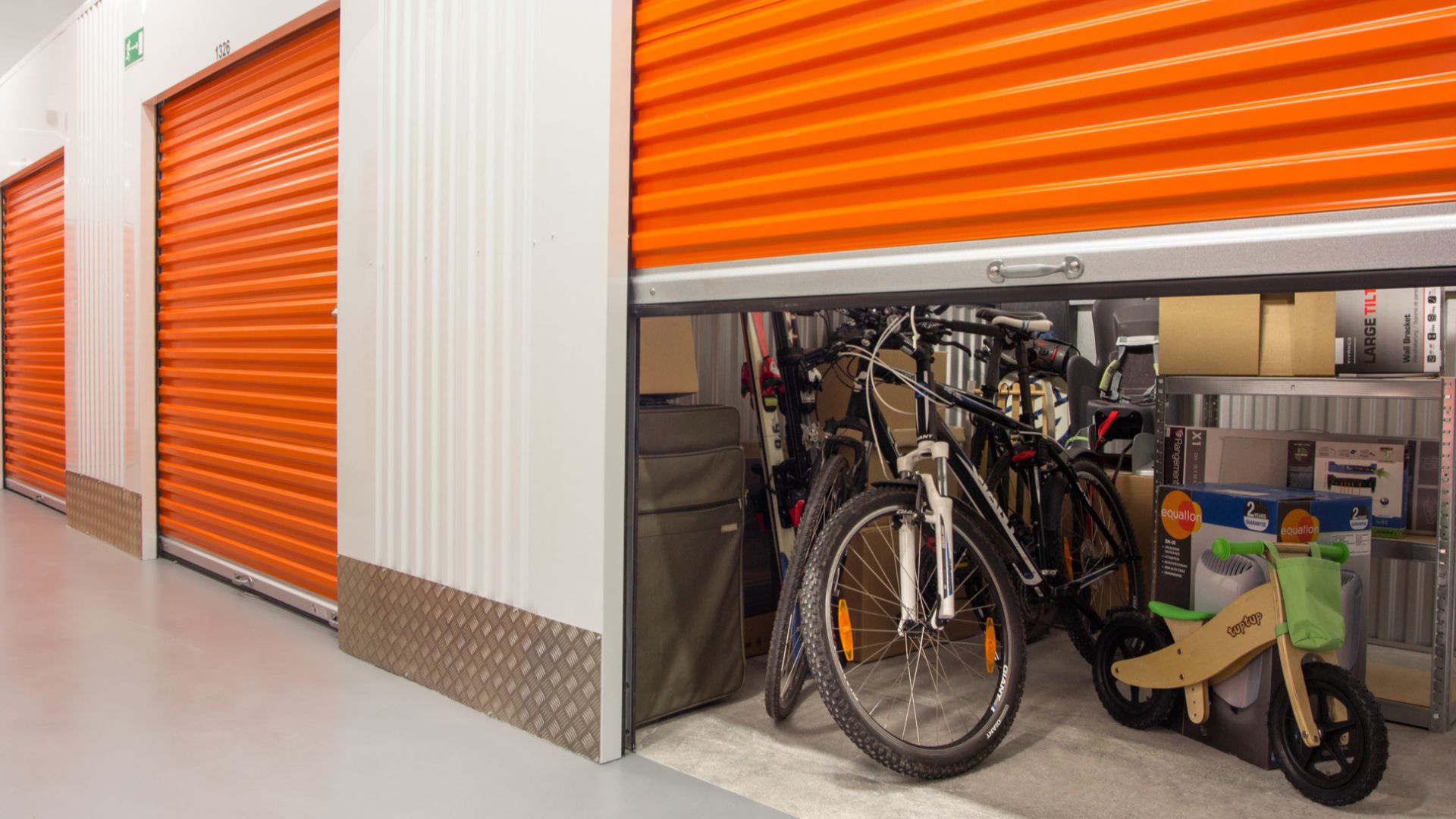 Self Storage, Wikimedia Commons
Self Storage, Wikimedia Commons
Designer Clothing And Luxury Accessories
The mounting costs of storing and insuring designer clothing and luxury accessories can strain retirement planning, but online platforms like The RealReal and Poshmark now make it simple to convert these items into retirement cash. Most pieces depreciate, but select luxury handbags can even appreciate.
Fitness Equipment
Every month you keep that underutilized fitness equipment, maintenance costs accumulate while resale value steadily drops. Selling these will provide you with immediate financial returns, reduced moving expenses during downsizing, eliminated maintenance burdens, and newfound freedom to explore more social and cost-effective exercise alternatives.
Unused Gift Cards Or Reward Points
A quiet fortune lies dormant in America's forgotten gift cards, with billions in untapped value vanishing yearly. These overlooked assets face a ticking clock of expiration and devaluation, but modern exchange websites offer an elegant solution. Consider liquid retirement capital or essential purchases before time erases their value.
 Andrey Matveev, Pexels
Andrey Matveev, Pexels
Unused Gift Cards (Cont.)
According to a national survey conducted by CreditCards.com and YouGov, 47% of US adults currently have at least one unused gift card, voucher, or store credit. This unused balance represents roughly $21 billion in dormant value nationwide, with an average of $175 per person sitting unredeemed.
Investment Property In Declining Markets
Declining property markets create two distinct issues for retirement investors: eroding asset values and portfolio concentration risk. The solution lies in strategic timing. Selling properties early in downturns prevents deeper losses, while redirecting proceeds into diversified REITs maintains real estate exposure.
Investment Property In Declining Markets (Cont.)
As market values decline, the equity in investment properties shrinks, reducing overall net worth and any borrowing power. Prolonged downturns can trap investors in negative equity situations where the property value falls below the mortgage balance.







